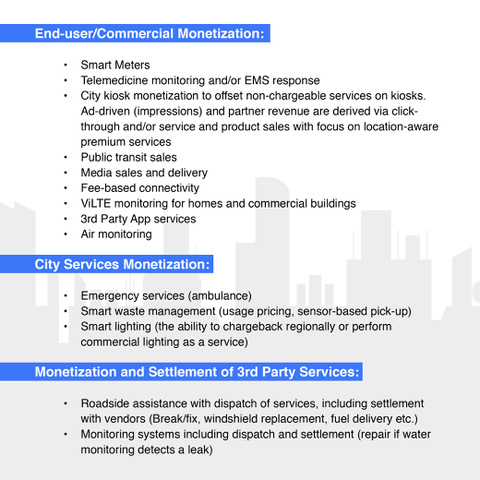IoT-centric Business, Technology and Billing Challenges for CSPs
Another complex billing and monetization challenge is the OEM Connected Car. The use cases include transition of payment for the services and scenarios where multiple parties have payment responsibilities at the same time. This use case potentially has millions of devices per account on an inter-country basis and requires complex hierarchy management from both a billing and reporting perspective. For example, the OEM pays for services until the dealer accepts delivery of the car. The manufacturer may then only pay for diagnostic data, and the dealer pays for all other services. When the car is sold, the dealer pays for core services for a fixed period, but the user may pay for additional services available via CSP or third party. Hence, you could have payment by three parties on one device and require settlement of third-party services. If a CSP wants to address OEM global business, its billing system must solve the “cost to serve” issue and consolidated billing challenges mentioned above.
Smart Cities are a good example of a non-global use case. Most CSPs have allied services and capabilities that provide competitive advantage in many circumstances. While there is no global element, the ability to bill, recognize revenue, handle third-party settlement, and track advertisement, click-through, and purchase data are all critical.
Smart City Monetization Models:

Privacy, Data, and Product Catalogue Challenges
Other key challenges involve the PII and data localization evolution. Increasingly, privacy and data localization issues are requiring data to be highly secure and frequently kept in the country of origin. This is especially challenging for enterprises where clients require homogenous offers, management and support for their users on a global basis (pooled and shared usage, ordering, hierarchy management, consolidated billing, etc. across geographies and time zones). The data may be disparate, and languages and currencies will typically be localized. Adding legacy resources may be too slow and costly for new markets.



















